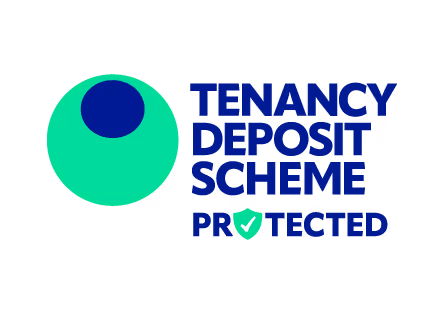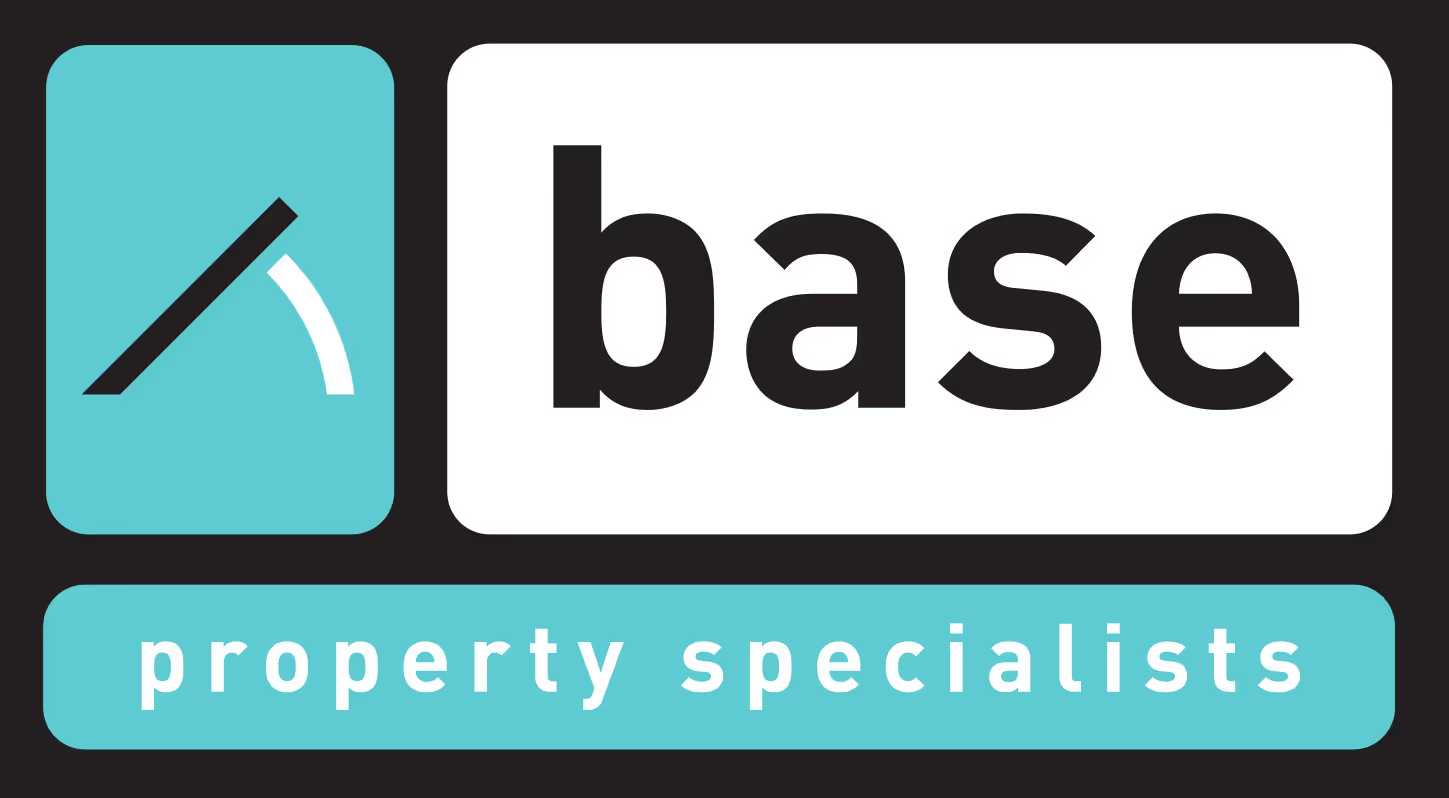Introduction:
Imagine buying a flat for £300,000 on a 125-year lease. You’ve paid your mortgage on time. You’ve invested in home improvements. You live there. It’s your home.
Then one day, after missing a few months of ground rent - say, £250 - you get a legal notice.
Your landlord (the freeholder) is taking you to court. Not for payment. Not for a late fee. But for possession of your home. And if they succeed, you lose everything: your lease, your flat, your equity.
Shocking, right?
This isn’t fiction. It’s a legal loophole in UK property law that has quietly put thousands of leaseholders at risk. It’s known as the “AST trap”, and until now, it’s been entirely legal.
But finally, that may be changing.
What is the “AST trap”?
Most people think buying a flat means owning it. But in England and Wales, most flats are sold as leasehold, meaning you own the right to occupy the property for a fixed term (often 99 to 125 years), but the freeholder still owns the land.
As a leaseholder, you typically pay ground rent - a small annual sum - to the freeholder. Historically, ground rent was modest, a token sum. But in recent decades, some leases have included increasing or high starting ground rents, often without buyers understanding the consequences.
Now here’s the trap:
Under the Housing Act 1988, if your ground rent exceeds:
- £1,000 a year in London, or
- £250 elsewhere in England and Wales,
and if the property is your main residence, then your long lease can legally be treated as an Assured Shorthold Tenancy (AST).
And if it’s an AST?
Then you're subject to the same eviction laws as a short-term renter.
That means the freeholder can use Section 8, Ground 8 to repossess your property if just three months of ground rent is unpaid. And Ground 8 is a mandatory ground for eviction - if the debt is proven, the judge must grant possession.
In other words: you can lose your home over three months of unpaid ground rent, even if you’ve paid hundreds of thousands for the property itself.
This is the so-called “AST trap.”
Why is this so unfair?
This is where the injustice becomes jaw-dropping.
- You’re a leaseholder, essentially a homeowner in all but name.
- You’ve paid a mortgage deposit, stamp duty, conveyancing fees, and monthly repayments.
- Your property might be worth £300,000… or £600,000… or even more.
And yet, a few hundred pounds of unpaid ground rent — say £500 — can allow the freeholder to:
- Take you to court,
- Seize back control of your lease,
- And potentially re-sell the flat, keeping 100% of the proceeds.
You lose your equity. You lose your home. All without the protections a mortgaged homeowner with freehold title would have.
Real World Examples:
Example 1: Millie Li – £800k flat forfeiture threat over £400 ground rent
- Who: Ms Millie Li, a Chinese citizen, owner of a leasehold flat in England valued at approximately £800,000.
- Lease detail: 125‑year lease with £400/year ground rent - above the £250 threshold that triggers AST status.
- Circumstances: While abroad between November and March, Ms Li missed the January payment. On her return, she discovered that debt collectors (JB Leitch), instructed by Long Harbour/HomeGround, had begun enforcement proceedings and even contacted her mortgage lender (Bank of China), warning “your security is at risk should a possession order be obtained”
- Outcome: After Ms Li paid the £400 ground rent, Leasehold Knowledge Partnership and media pressure led JB Leitch to reduce its £2,000 legal bill to £1,000. She faced the risk of losing her home and mortgage over a £400 debt but ultimately managed to avoid forefeiture.
https://www.leaseholdknowledge.com/long-harbour-hits-reverse-on-forfeiture-to-800000-flat-over-400-ground-rent-and-jb-leitch-halves-its-legal-bill/
Example 2: Richard Scott – Chelmsford investor, threatened over £600 ground rent arrears + £3,265 fees
- Who: Mr Richard Scott, a buy‑to‑let investor in Chelmsford, Essex.
- Lease detail: One-bedroom flat, ground rent £200/year (just under the full AST threshold, but treated as AST because owner‑occupied)
- Circumstances: Mr Scott had not paid ground rent for three years (thought it was included in his service charge and never received any demand). In 2022, debt collectors JB Leitch demanded £600 in arrears plus £3,265 in fees and prepared a forfeiture hearing for June
- Outcome: After contacting the Leasehold Knowledge Partnership, it was revealed that demands had been sent to the wrong address. All arrears and fees were scrapped. Without intervention, his home could have been forfeited over just £600 in arrears
https://www.leaseholdknowledge.com/blunder-forces-pier-management-and-debt-collector-jb-leitch-to-scrap-3265-late-ground-rent-bill-and-forfeiture-threat-that-accompanied-it/
How could this happen?
The root of the problem is that the Housing Act 1988 wasn’t designed with long leases in mind. It was created for short-term private rental tenancies, which ASTs were originally meant to be.
But the law doesn’t distinguish between a 6-month rental agreement and a 125-year lease if the rent thresholds are exceeded. So some long leases accidentally become ASTs by technicality, and that gives freeholders powerful legal rights.
What is the government doing about it?
The good news is: this scandal has finally reached Parliament, and reforms are on the way.
✅ The Renters' Rights Bill
Labour's Renters' Rights Bill proposes change to close the AST trap by stating that:
“Tenancies over seven years cannot be classified as Assured Tenancies.”
That means:
- Long leases (e.g. a 125 years leasehold purchase) will no longer be at risk of Ground 8 eviction.
- Section 8 notices will not apply to residential leaseholders with long leases.
- The legal absurdity of classifying homeowners as short-term tenants will finally be put to bed.
✅ Leasehold Reform (Ground Rent) Act 2022
This already banned ground rents on new leases (since June 2022), but the new reforms will go further to protect existing leaseholders.
✅ Ongoing consultations
The government is also exploring:
- Abolishing forfeiture entirely (so freeholders can't reclaim full-value assets over modest debts).
- Transitioning to commonhold - a system where leaseholders jointly own the freehold.
Why this matters to you
Whether you're a current leaseholder, a prospective buyer, or a property professional, this issue has wide-reaching implications.
It highlights:
- How UK leasehold law has been tilted for decades to favour freeholders.
- How technical loopholes can destroy ordinary people’s financial futures.
- How little legal protection leaseholders have, even if they think they “own” their home.
The AST trap is a stark reminder that in leasehold ownership, you do not truly own your home... at least not in the way you’d expect to.
Final Thoughts: Hope on the Horizon
The fact that leaseholders have ever been treated like short-term tenants - and threatened with losing their homes over trivial arrears - is, frankly, appalling. It’s a legal timebomb that has sat under the radar for far too long. But the tide is turning.
With strong reform proposals now on the table and increasing political pressure, there’s real hope that this injustice will soon be corrected. If enacted, these reforms would offer long-overdue protection for millions of leaseholders across the UK.
What can you do now?
✅ Check your lease:
Is your ground rent over £250 (or £1,000 in London)? If yes, your lease might still qualify as an AST.
✅ Consider legal advice:
A solicitor can help you explore a deed of variation to reduce the rent below the threshold.
✅ Support reform:
Write to your MP. Join leaseholder groups. The louder the pressure, the faster the changes will come.







